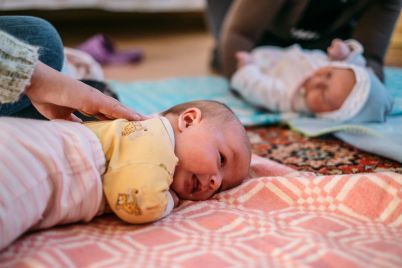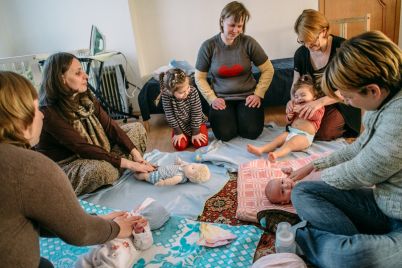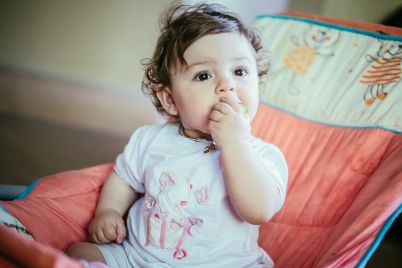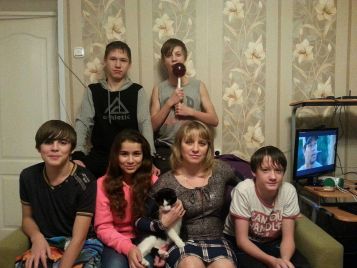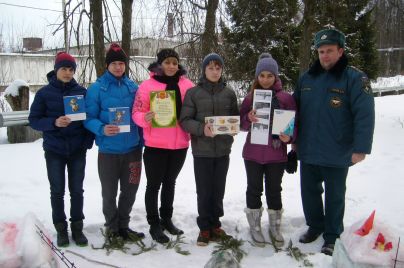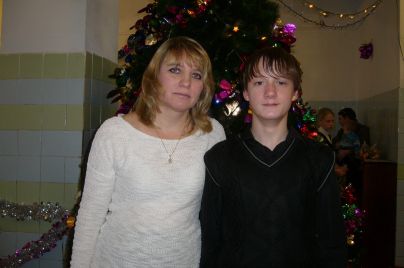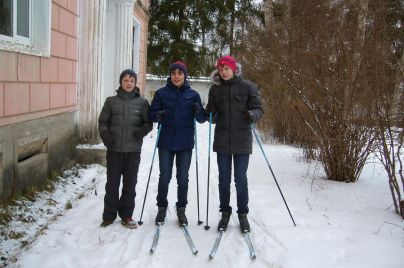Orphans
The Sweet Home Programme: Prevention of Baby Abandonment.
This programme is there to help mothers who are on the verge of abandoning their child. We can provide temporary housing, services of a psychologist, a lawyer, a social worker, to help stop abandonment from happening. Our partner, the Volunteers to Help Orphans Charitable Foundation in Korolev, Moscow Region, is running this program. More than 12,000 newborn babies are abandoned in Russia every year, according to expert estimates. Moscow and the Moscow Region are an area of especially high risk of where a high percentage of babies are orphaned for social reasons. No family shelters are available for mothers with children if the mothers do not have permanent registration in Moscow or the Moscow Region, and access to other support and social services is extremely difficult. Sweet Home is temporary housing for women with children who find themselves on the verge of giving up a newborn baby, or face the risk of having the baby taken away from the family for a number of reasons, including actual lack of housing. A psychologist, a social worker, and a lawyer create a rehabilitative environment in the Sweet Home that helps women become caring mothers and prepare for independent life outside the shelter’s walls. The Sweet Home can shelter 7 families at the same time. The women are not required to have permanent registration in a specific city or region or a specific citizenship, but the rehabilitation offered aims to restore meaningful social ties and help the women return home, if this does not go against the best interests of the child. Volunteers are involved in the programme. They provide assistance with transportation (including taking the mothers to various organizations, hospitals, etc.), help the mothers to care for the baby, providing material assistance as much as possible (by donating clothes, etc.), and conduct various relevant workshops."We're at home!" is the programme aimed to support adoptive families
The programmeis expected to place children from orphanages and boarding schools, as well as elderly people with disabilities in professional families.People who have to live in public institutions need to feel the warmth of their relatives. Living among other orphans in an orphanage or boarding school they could still be lonely. The programme "We're at home!" enables a person to become a full member of this family.
The adoptive families are provided with integrated support at all stages. Psychologists, teachers, lawyers help to adapt to life in society.
One of the programme projects is implemented in the Ivanovo region. It is a family center "House of ROST” for orphans. This creates a friendly atmosphere. The children receive psychological security and stability in development.
The next stage in the work is creating professional families not only for children but, also, for other people with disabilities living alone.
Holiday programmes for pupils of orphanages
Holiday programmes are extremely perspective form of social adaptation as they allow to place a child in a different environment for a long time and develop certain qualities and skills. While adapting to such systems as school, family and others many graduates of orphanages appear to be in trouble. Teaching alternative models is obviously necessary, as it cannot be done in conditions of orphanages. The main goal of our programmes, as well as education in general, is socialization. We try to develop the qualities and skills, which are necessary for the adequate existence in the future society. An example of a summer programme 2014 is available in the blog.






